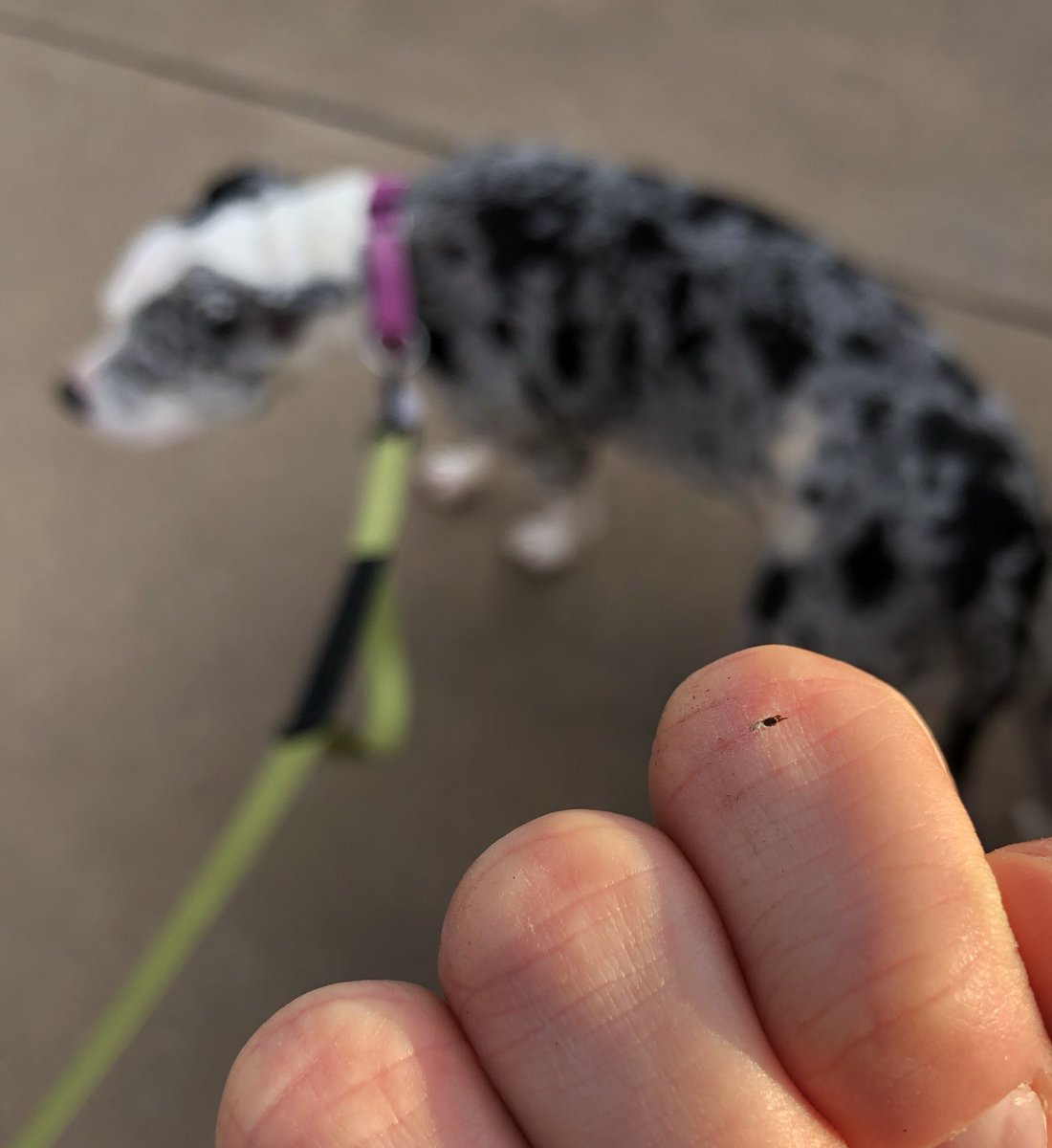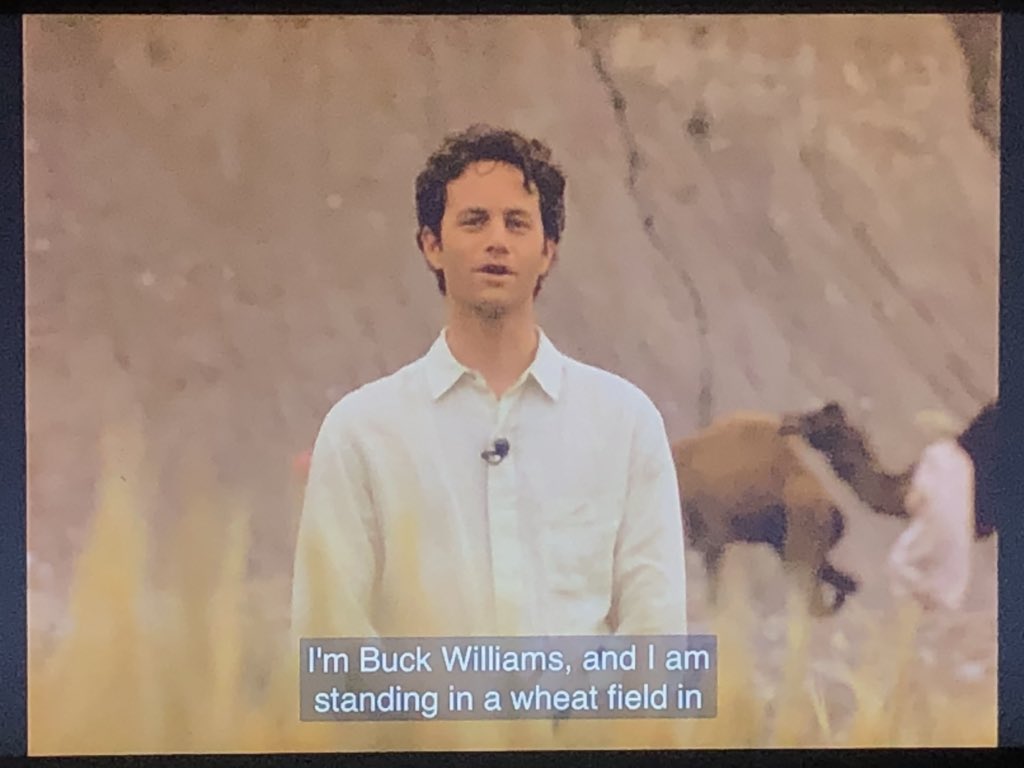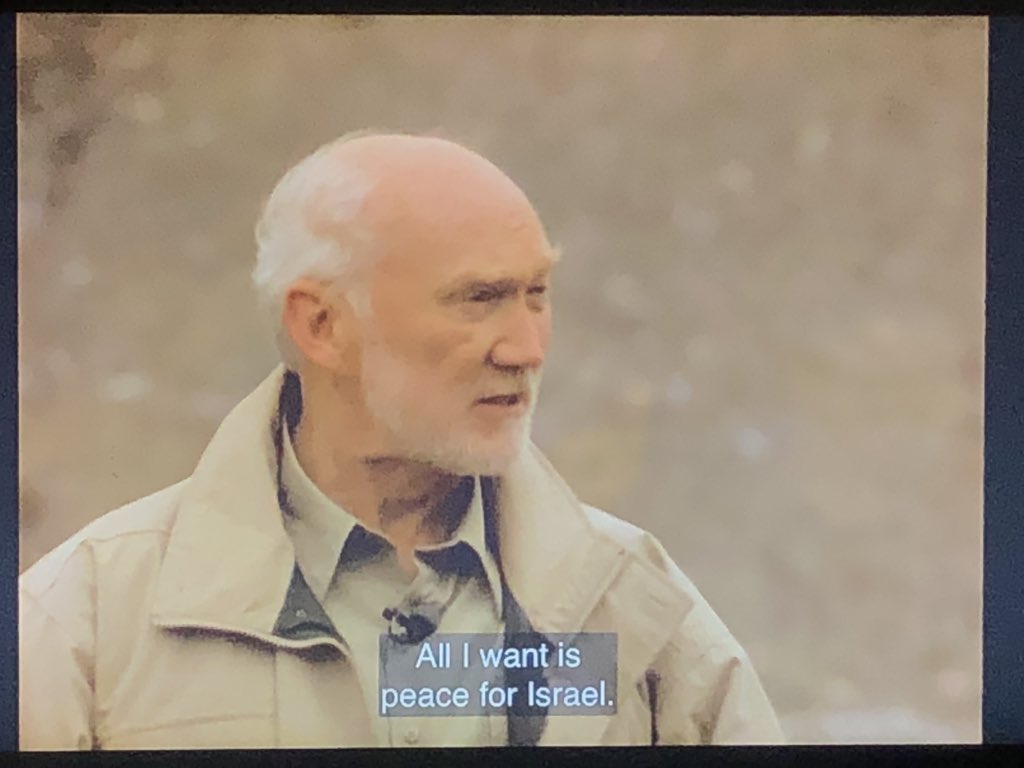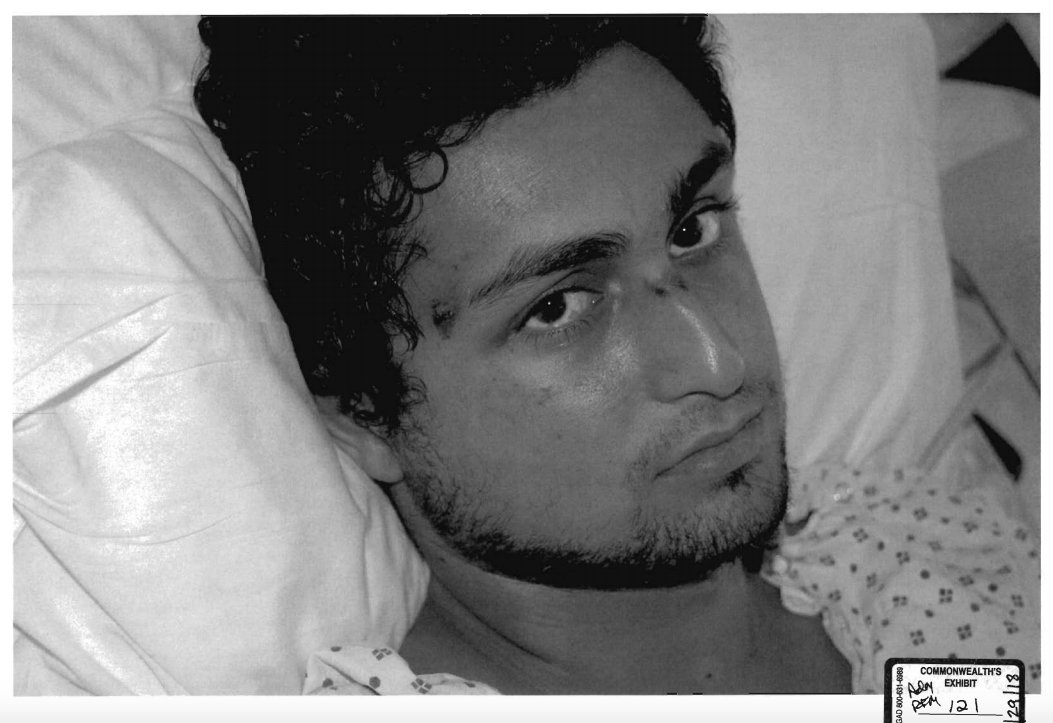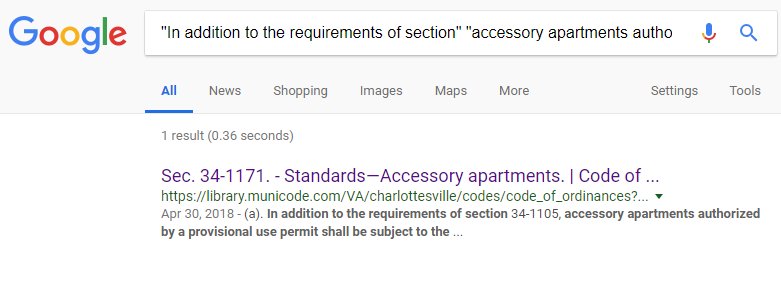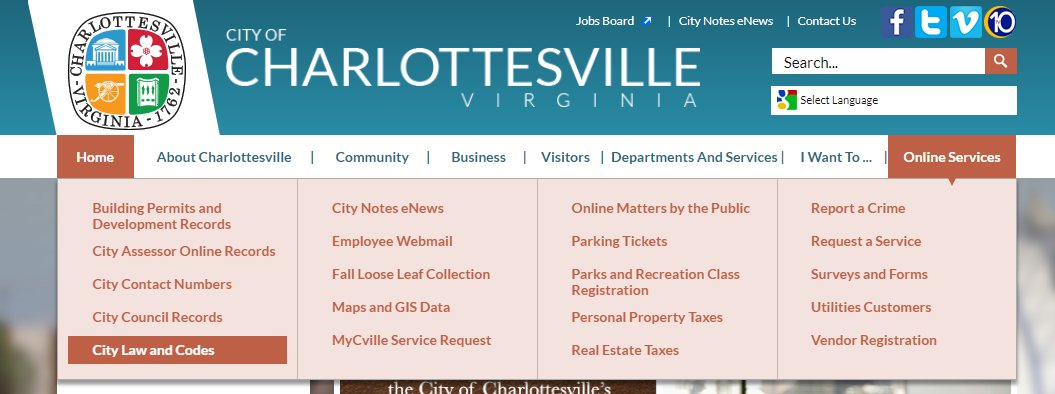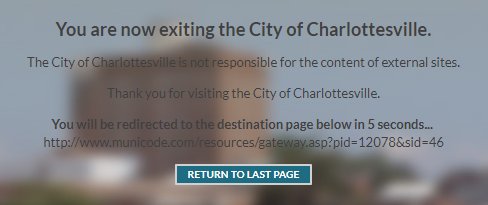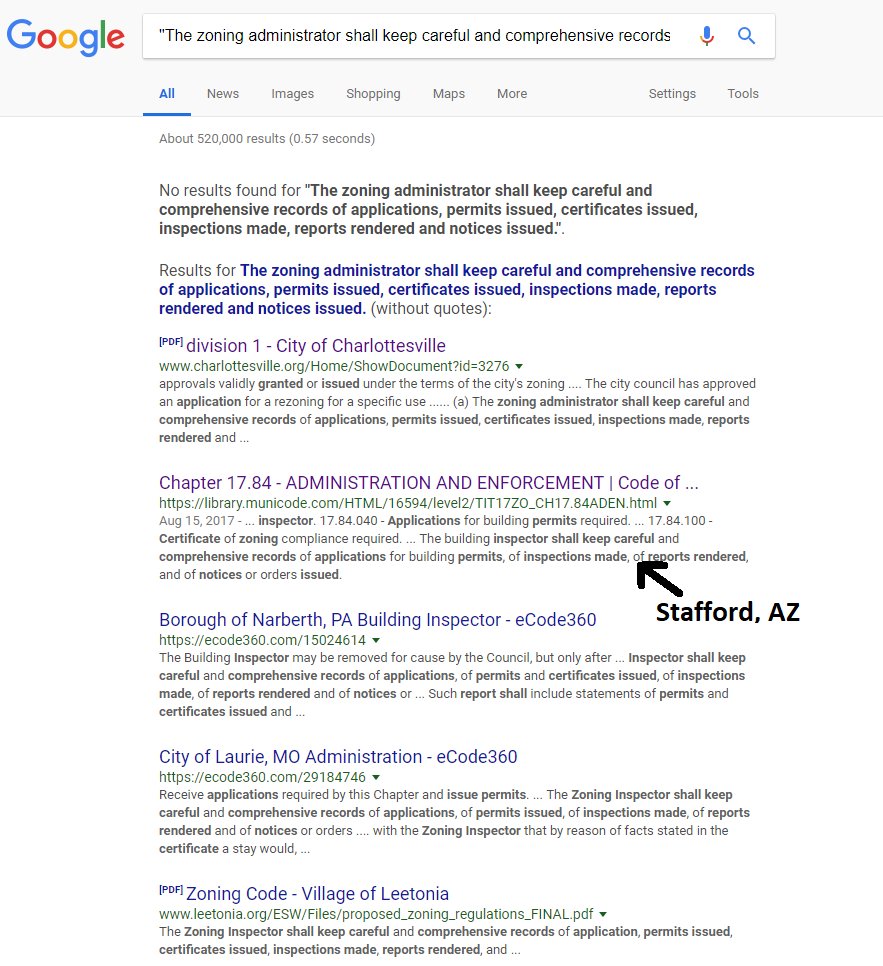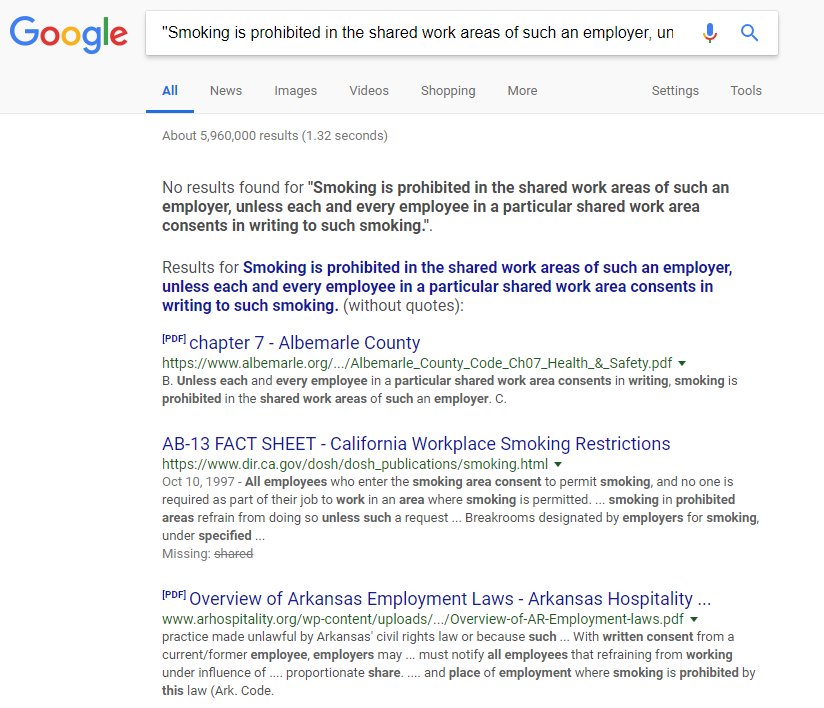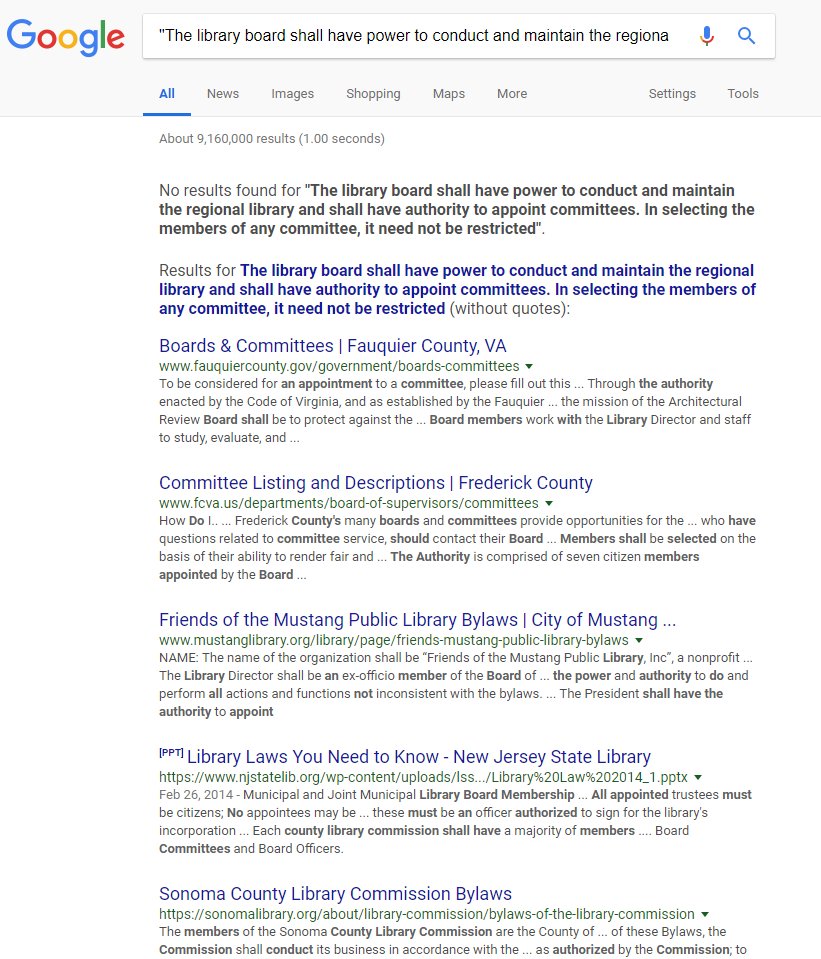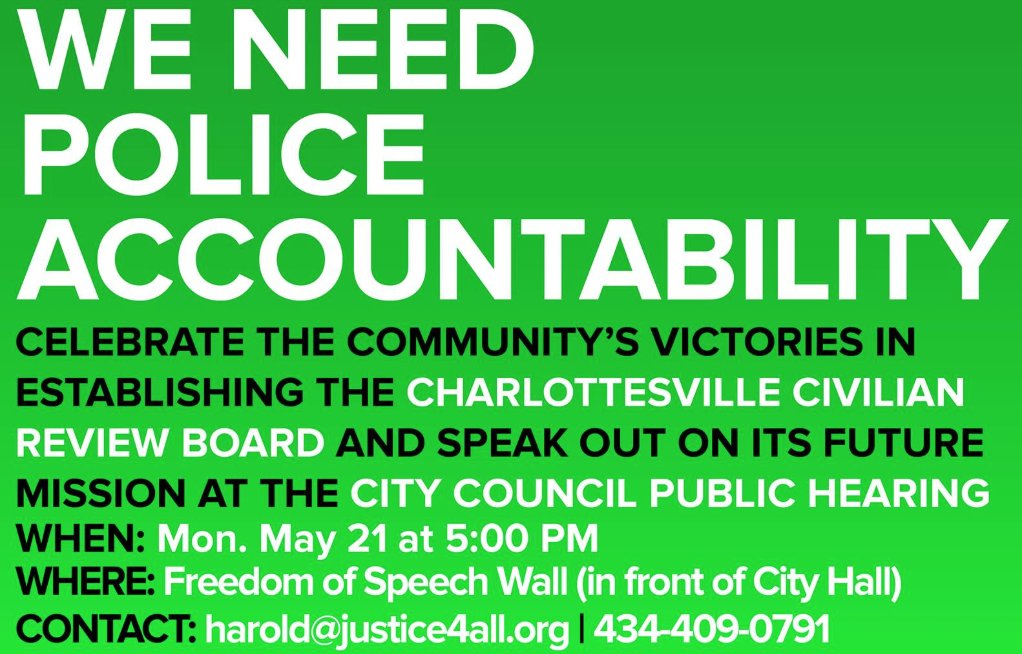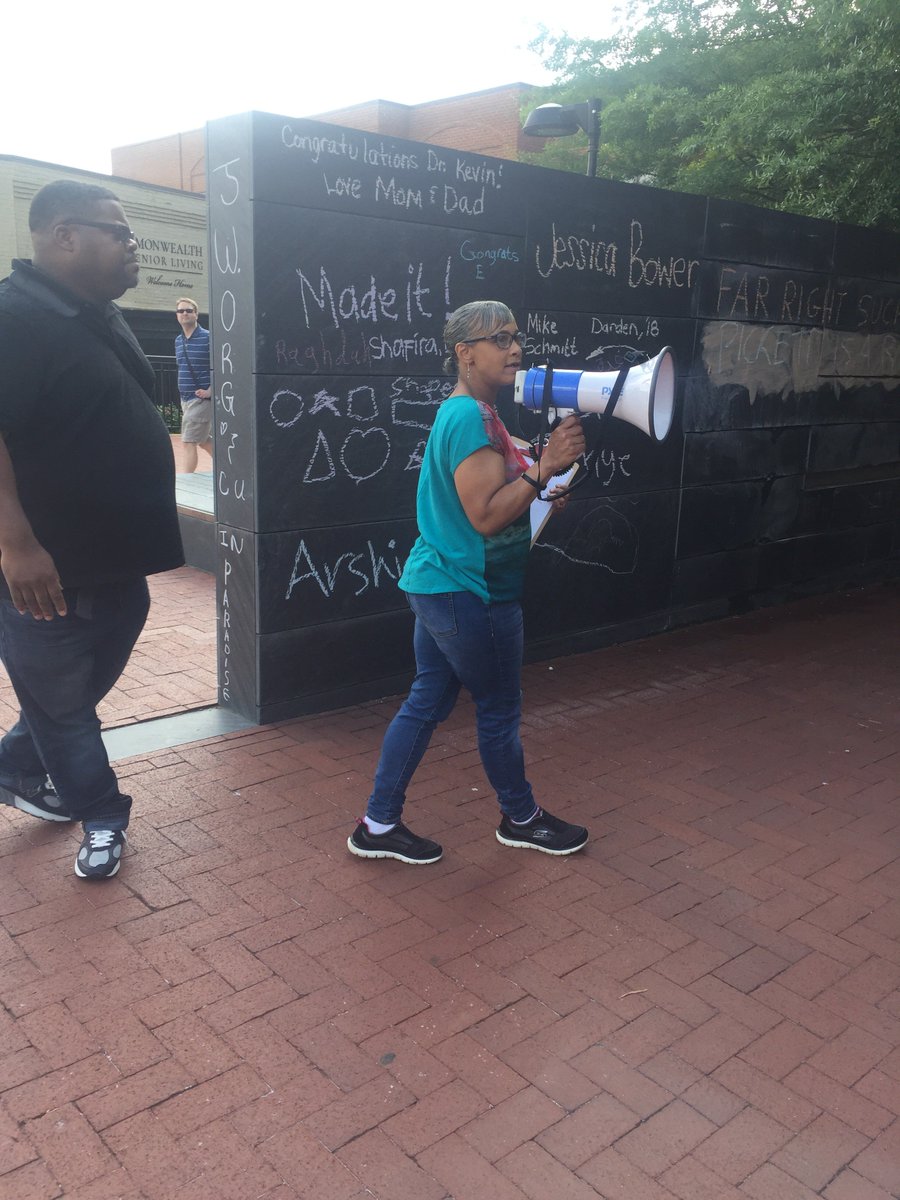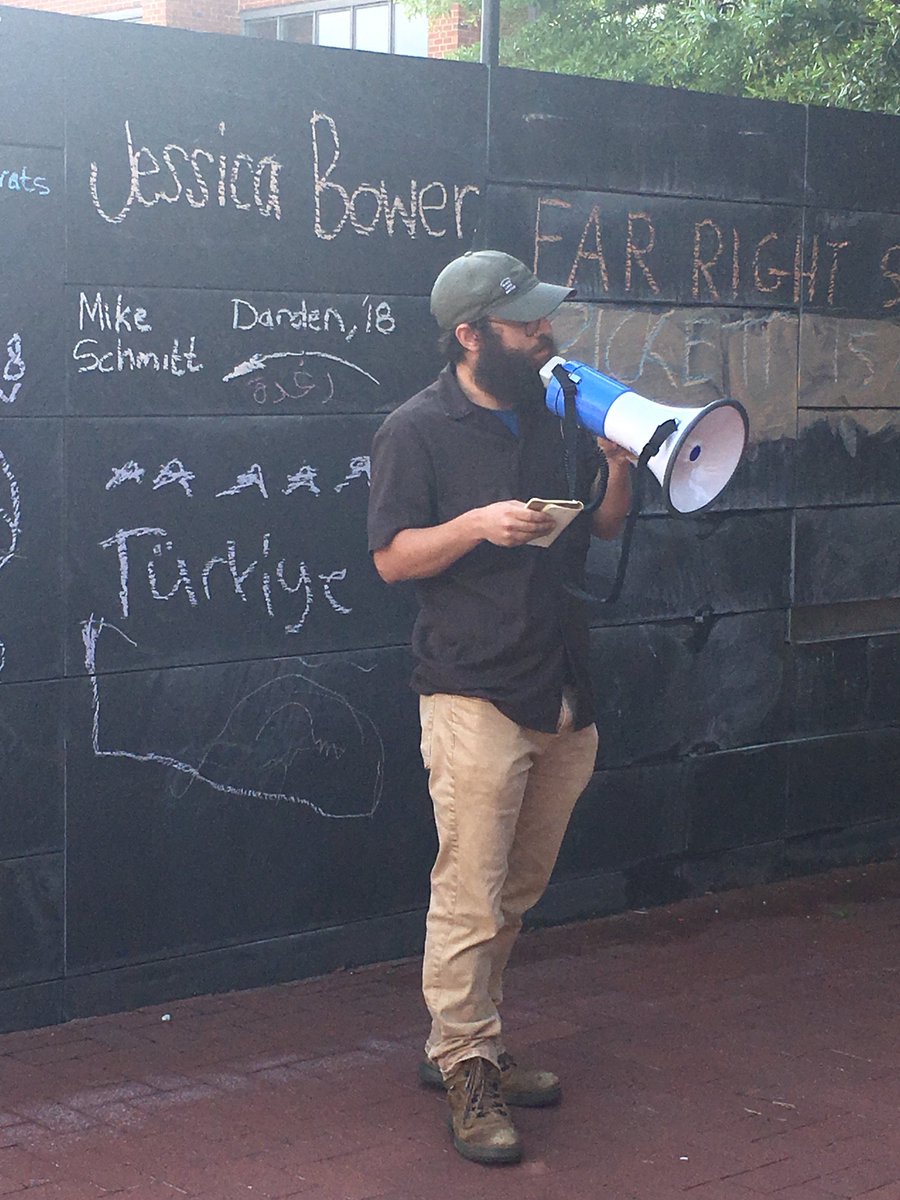charlottesville.org/Home/Component…
she’s speaking about the transgender & gender nonconforming clinical consultation group.
“it is an honor to be in peer support - you not only give, but we receive,” she says.
one third of people incarcerated at ACRJ screen positive for mental illness. among female inmates, that figure is more than HALF.
our jail is running at 140% of its rated capacity, down from 170% a few years ago.
UVA hospital is at 300% of its capacity. patients in the ED are treated in the hallways.
he thanks council for being willing to overcome the fear of talking about these issues.


